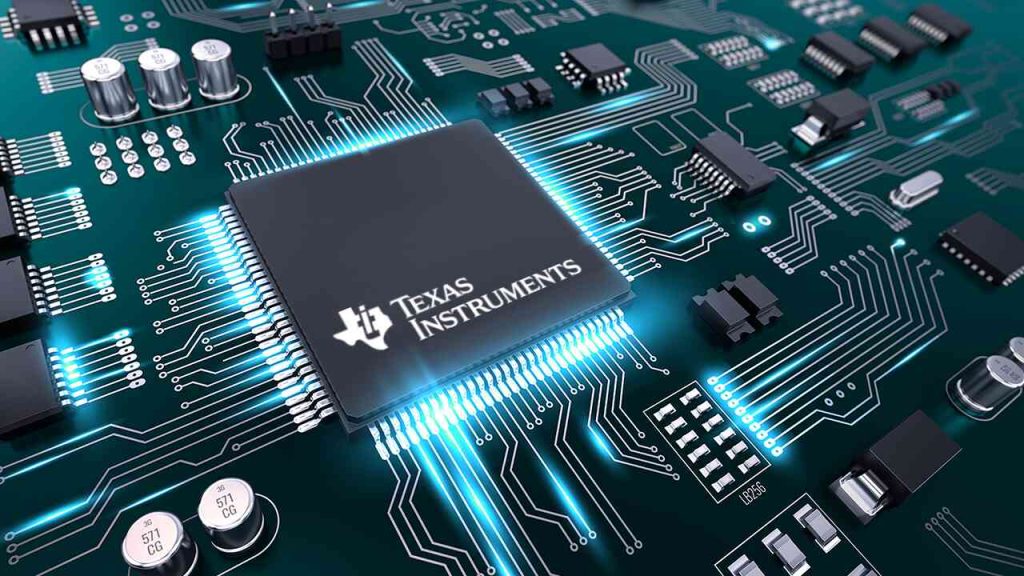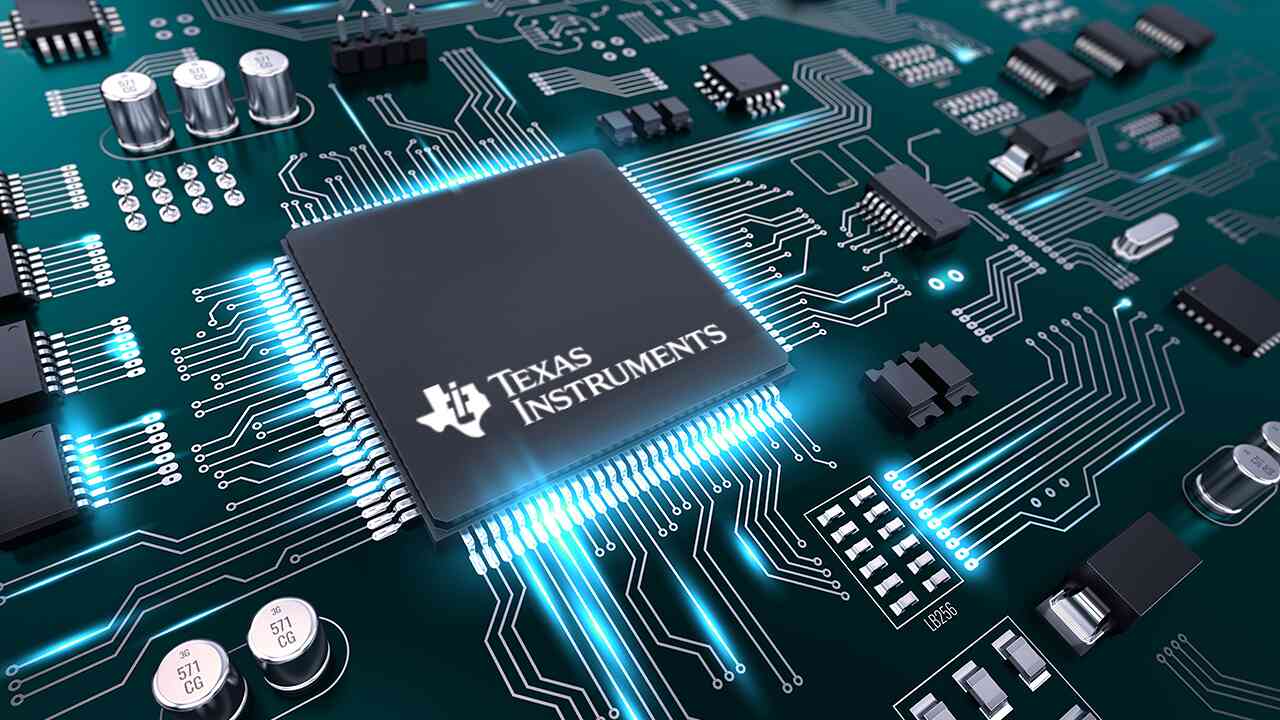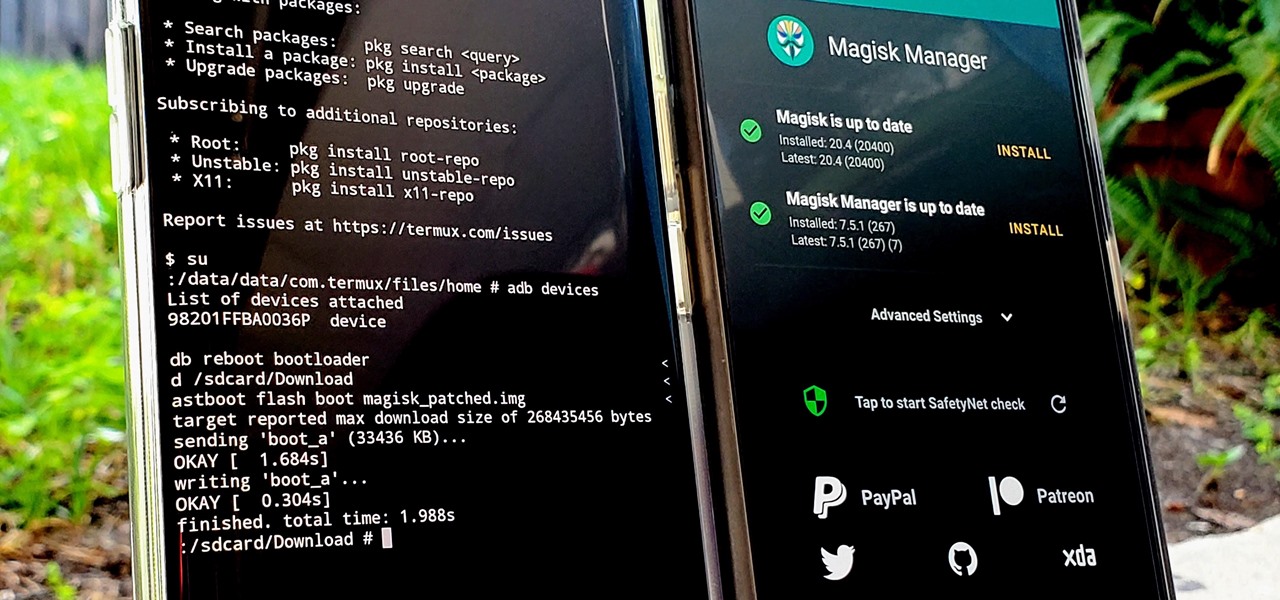MCUs full detail | What is MCUs ? | How MCUs work | Uses of MCUs | Types of MCUs | Merits of MCUs | Demerits of MCUs
What is MCUs ?
MCUs stands for Microcontroller Unit. It is a small, low-power computer on a single integrated circuit that contains a microprocessor, memory, and various types of peripheral interfaces. MCU are designed to control a specific set of functions or operations in embedded systems and are widely used in a wide range of applications such as automotive, industrial control, consumer electronics, medical devices and IoT devices.
An MCUs typically includes the following components:
- A central processing unit (CPU): This is the brain of the MCU and is responsible for executing instructions and controlling the other components of the MCU.
- Memory: This is where the program and data are stored. There are two types of memory in an MCU: program memory (ROM or flash) and data memory (RAM).
- Input/Output (I/O) interfaces: These are the interfaces that allow the MCU to communicate with the external world. They can include interfaces for communication (such as UART, SPI, I2C, USB), digital I/O, analog-to-digital converters (ADC), and timers/counters.

Types Of MCUs
There are several types of microcontroller units (MCU) available, including:
- 8-bit MCUs: These are the most basic type of MCU and are typically used in simple applications such as controlling LEDs or reading sensors. They have a small amount of memory and processing power.
- 16-bit MCUs: These MCU have more memory and processing power than 8-bit MCU, making them suitable for more complex applications such as motor control or data acquisition.
- 32-bit MCU: These are the most powerful type of MCU and are typically used in high-performance applications such as industrial automation or medical devices. They have a large amount of memory and processing power, and can run operating systems such as Linux.
- ARM Cortex-M Series MCU: These are a popular type of 32-bit MCU which are based on the ARM Cortex-M processor cores, and are widely used in embedded systems.
- DSP MCU: These are MCU that are specifically designed for digital signal processing (DSP) applications, such as audio and video processing.
- Wireless MCU: These are MCU that have built-in wireless connectivity, such as Wi-Fi, Bluetooth, or Zigbee, which allows them to communicate with other devices wirelessly.
What are MCUs used for?
Microcontroller units (MCU) are widely used in a variety of applications due to their compact size, low power consumption, and ability to control various types of devices and systems. Some common uses of MCUs include:
- Automotive systems: MCU are used to control various aspects of a vehicle, such as engine management, transmission control, and safety systems.
- Industrial automation: MCU are used to control and monitor industrial machinery and equipment, such as robots, conveyor belts, and assembly lines.
- Home appliances: MCU are used to control and monitor household appliances such as washing machines, refrigerators, and air conditioners.
- Medical devices: MCU are used to control and monitor various medical devices, such as blood glucose meters, heart rate monitors, and infusion pumps.
- Consumer electronics: MCU are used in a wide range of consumer electronics, such as smartphones, tablets, and digital cameras.
- Robotics: MCUs are used to control the movement and sensor data collection of robots.
- Internet of Things (IoT) devices: MCU are used in IoT devices to control and monitor various aspects of the device, as well as to provide connectivity to the internet.
- Wireless devices: MCUs are used to control and monitor wireless devices, such as Wi-Fi routers and Bluetooth devices.
Merits Of MCUs
The merits of Microcontroller Units (MCU) include:
- Small size: MCU are small in size, making them ideal for use in portable devices and embedded systems.
- Low power consumption: MCU consume less power compared to other types of microcontrollers, making them suitable for use in battery-powered devices.
- Cost-effective: MCU are generally less expensive compared to other types of microcontrollers, making them accessible to a wider range of applications.
- High integration: MCU integrate a wide range of peripherals, such as timers, communication interfaces, and analog-to-digital converters, on a single chip.
- Flexibility: MCU can be programmed to perform a wide range of tasks and can be easily reprogrammed to adapt to changing requirements.
- Wide availability: MCU are widely available from various manufacturers, and there are many different models to choose from, to fit different needs and requirements.
- Ease of use: MCU are easy to use and program, which makes it accessible for hobbyists, students and beginners.
Demerits of MCUs
The demerits of Microcontroller Units (MCU) include:
- Limited processing power: MCU have limited processing power compared to other types of microcontrollers or general-purpose computers, which can limit their ability to handle complex tasks.
- Limited memory: MCU typically have limited memory, which can restrict the amount of data that can be stored and processed.
- Limited expandability: MCU often have limited expandability options, and adding new peripherals or increasing memory can be challenging.
- Limited communication options: Some MCU may have limited communication interfaces, which can limit their ability to connect to other devices or networks.
- Limited operating temperature: Some MCU may have a limited operating temperature range, which can restrict their use in extreme environmental conditions.
- Limited lifespan: as technology is evolving fast, some MCU may have limited lifespan and become obsolete quickly.
- Limited resources: Some MCU may not have enough resources, such as memory or processing power, to support the latest and most advanced features.
Frequently Ask Questions (FAQs)
Q1. What are MCUS used for?
Ans. For full details go to the third heading of this article
Q2. What is MCU in semiconductor?
Ans. For full details go to the first heading of this article
Q3. What does MCU mean in computer terms?
Ans. A multipoint control unit (MCU) is a type of video conferencing hardware that bridges terminals involved into a multi-point conference system.
You may also know What is Processor ? click here
To Read in Hindi click here
📝 "Puspendra Kumar: Crafting Chronicles in the Blogosphere 🌟
👨💻 Meet the Maestro of the Keyboard at 25 🎂
Hey there, I'm Puspendra Kumar, and I've been on a thrilling blogging journey for the past three years! 🚀
📚 When it comes to the blogging realm, I've unlocked the treasure chest of knowledge, and I'm here to share it all with you. From SEO secrets to content wizardry, I've got the whole shebang covered. 🧙♂️
🌟 At just 25, I've already conquered the blogosphere, one post at a time. Join me as I weave words into captivating stories, explore the uncharted territories of digital landscapes, and decode the mysteries of the internet, all while sipping on a cup of creativity. ☕
🎯 My passion is my compass, and my keyboard is my trusty steed as I ride through the ever-evolving world of blogging, leaving behind a trail of insights and inspiration. 🚴♂️
So, buckle up, dear readers, because together, we're embarking on an epic journey through the fascinating world of Puspendra Kumar, the Blogger Extraordinaire! 🚀✨"
Feel free to adjust and personalize it as needed!












